Introduced by Dick Swain
A stout drinking song with a great chorus. At least two versions of the song, both probably dating back to the 1870s, have been published and recorded. The “Shanty Song” version was collected from Mrs. Annie V. Marston of Charlestown, Maine and first published in Eckstorm and Smyth, Minstrelsy Maine (1926). The earliest version of the “Raftman’s Song (Old Butler)” I have found is in the Joel Kimball Diary, April 24, 1874, Livingston Manor, NY (Sullivan County) (accessed May 23, 2021).
The most complete version of the “Raftsman’s Song” (with words almost identical to Joel Kimball’s version) was collected by Ellen Stekert from Ezra Barhight of Gallilee, Pennsylvania and published in “Four Pennsylvania Songs Learned before 1900, From the Repertoire of Ezra V. Barhight” in Goldstein and Byington, Two Penny Ballads and Four Dollar Whiskey (1966).
The Maine version, “Shanty Song,” presented here includes lumber mill locations which would have been familiar to many itinerant mill workers and immigrants in the last quarter of the 19th century – Albany, Philadelphia, and Lewiston, Maine. The song gained a new life after verses localizing the song to the Erie Canal were written in the early 1980’s by John Mayberry, a former member of the CDSS Board and a Toronto Morris Man. Verse 4 of the version here includes my modification of one of John’s verses – it’s a good finish to an excellent song.
For more information, check out:
- “Raftman’s Song” and “Old Butler” at the Vaughan Williams Memorial Library
- “Shanty Song” at the Vaughan Williams Memorial Library
- “Shove Around the Grog” at the Traditional Ballad Index
Listen to Cliff Haslam sing “Shove Around the Jug” from his album Leaning in the Wind, © 2012 Cliff Haslam.
“Shanty Song” with additional Erie Canal verses by John Mayberry.
Listen to Dave Ruch sing “Shove Your Grog Around” from The Oldest Was Born First, 2008.“The Raftman’s Song (Old Butler)”
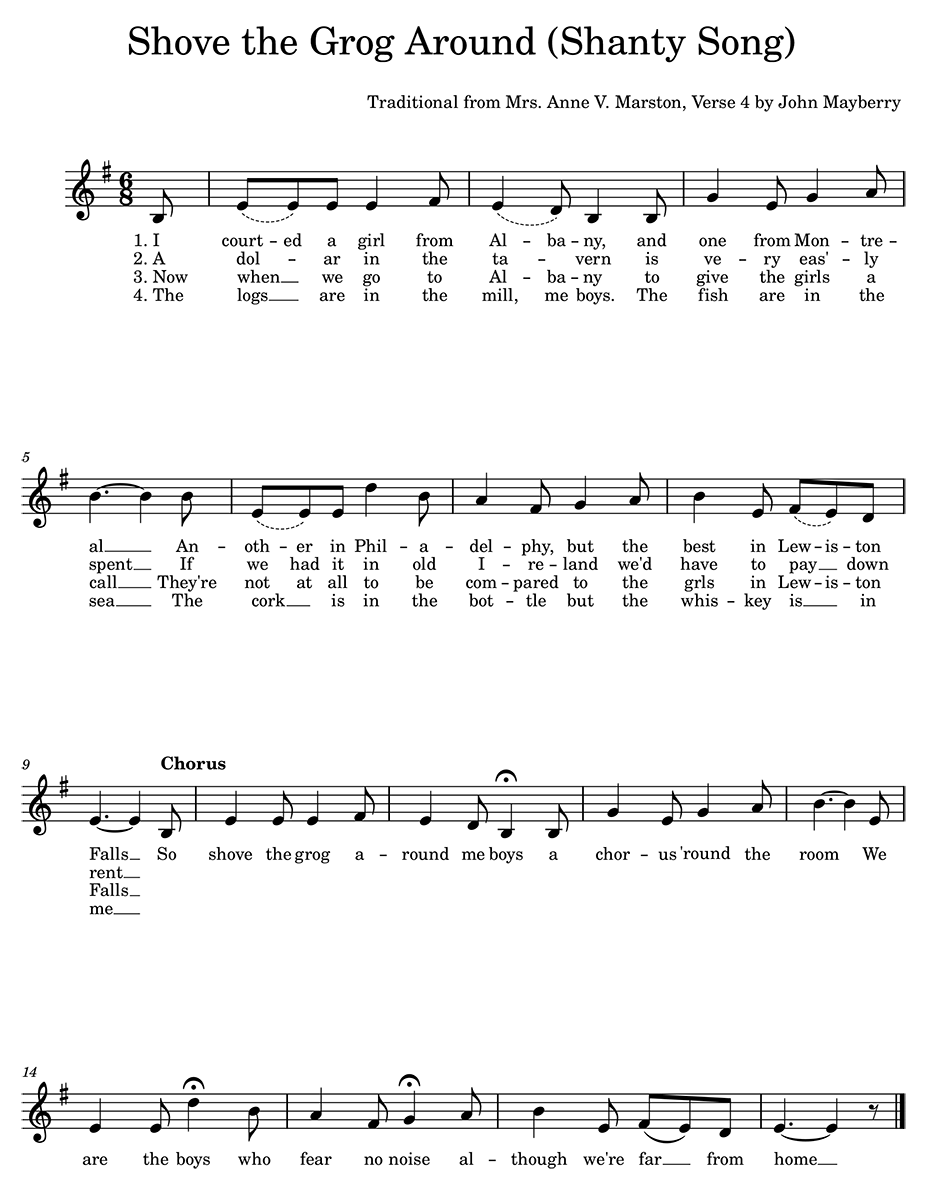
Lyrics
Eckstorm, Fanny Hardy and Mary Smyth. Minstrelsy of Maine. 1927, p. 60
Barry, Phillips. Maine Woods Songster. 1939, p. 17
Last verse by John Mayberry.
I courted a girl in Albany, one in Montreal,
Another in Philadelphia, but the best at Lewiston Falls
Chorus:
Shove the grog around me boys
A chorus ‘round the room
We are the boys who fear no noise
Although we’re far from home
A dollar in a tavern is very easily spent
If we had it in Old Ireland, we’d have to pay down rent
Chorus
When you go to Albany to give the girls a call,
They’re not at all to be compared to the girls at Lewiston Falls
Chorus
The logs are at the mill, me boys. The fish are in the sea.
The cork is in the bottle, but the whiskey is in me
About Dick Swain: Combining his skills as a librarian with a life-long interest in folk music, Dick researches and performs songs from the places he has lived and worked, including the Great Lakes Region, Pennsylvania, and Maine. He accompanied Sandy Ives on several trips to Prince Edward Island and has performed at folk festivals, museums, and libraries in the U. S. and Canada. He was Program Director of the CDSS Pinewoods Folk Music Week four times and was a staff member of the Traditional Music and Dance (TradMaD) Camp in 2017. He is especially proud that Sandy Ives signed his copy of the book Drive Dull Care Away with the words: “For Dick Swain, who sings the old come-all-ye’s the way they should be sung!”

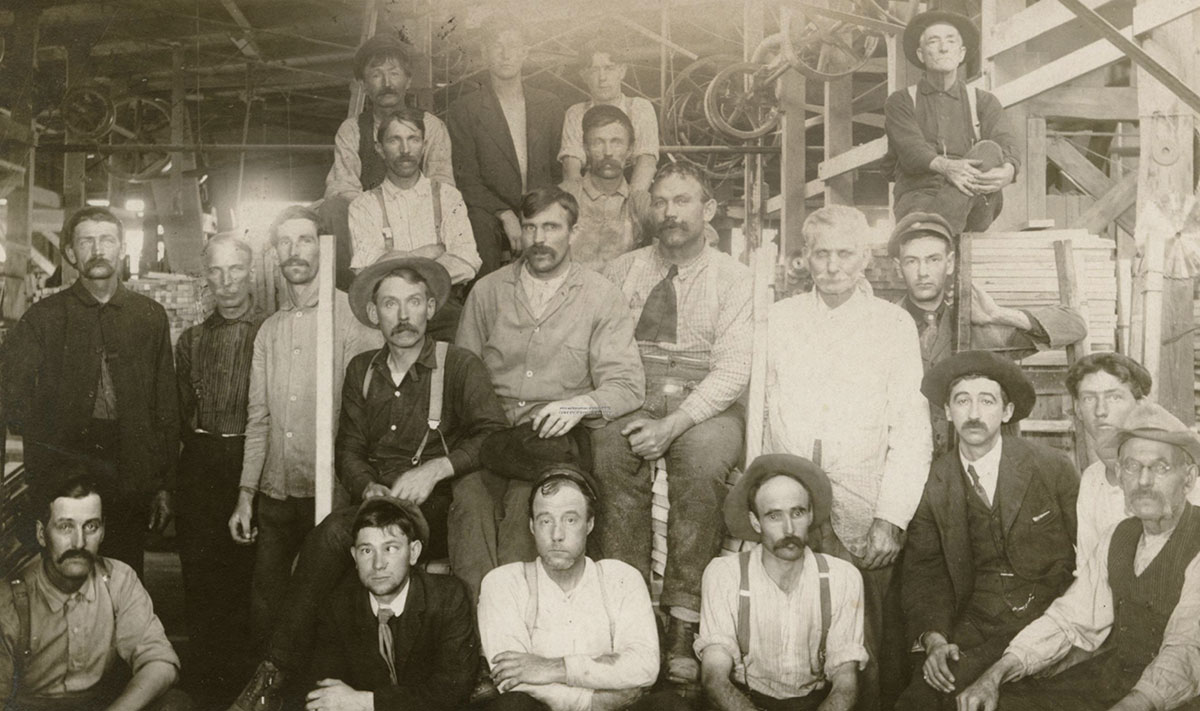
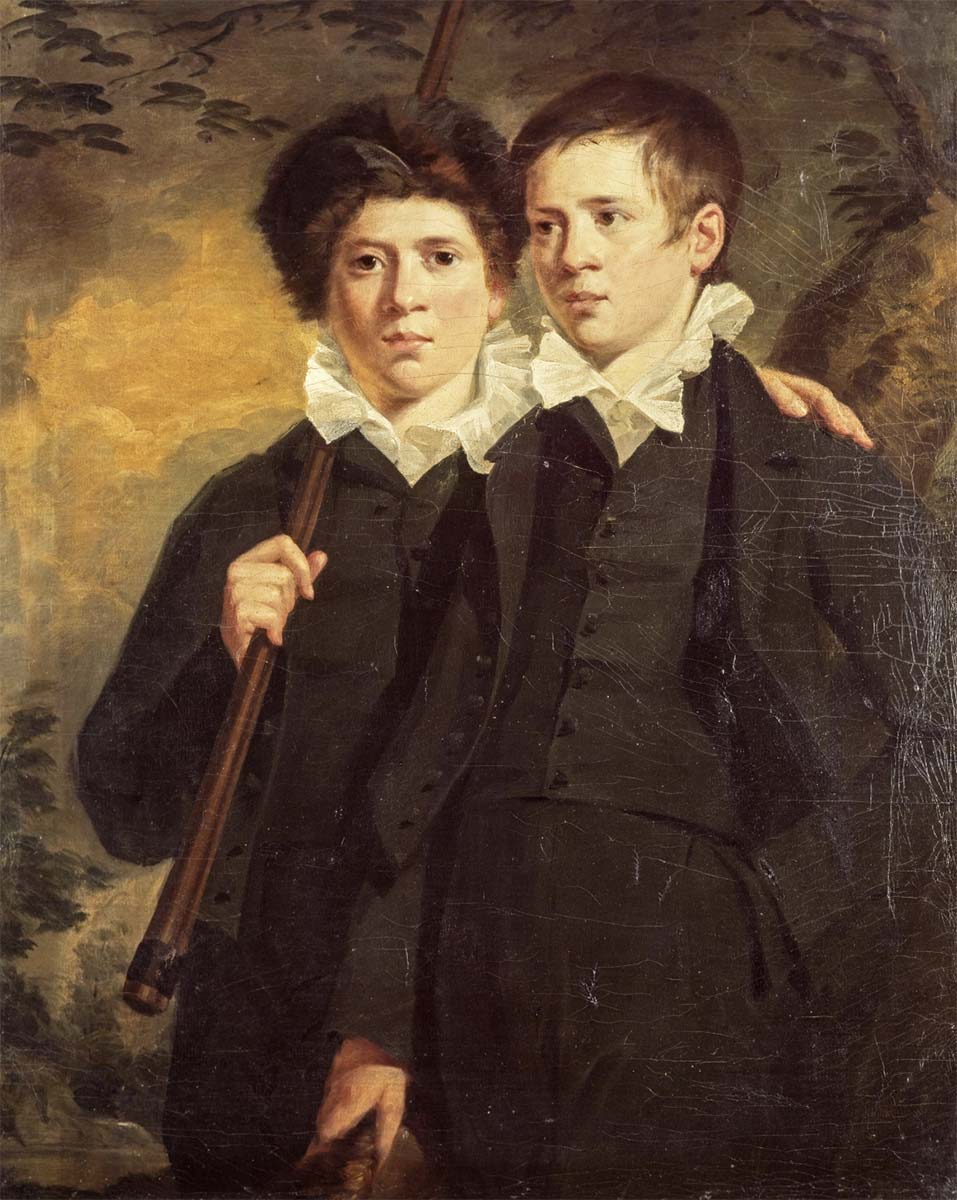
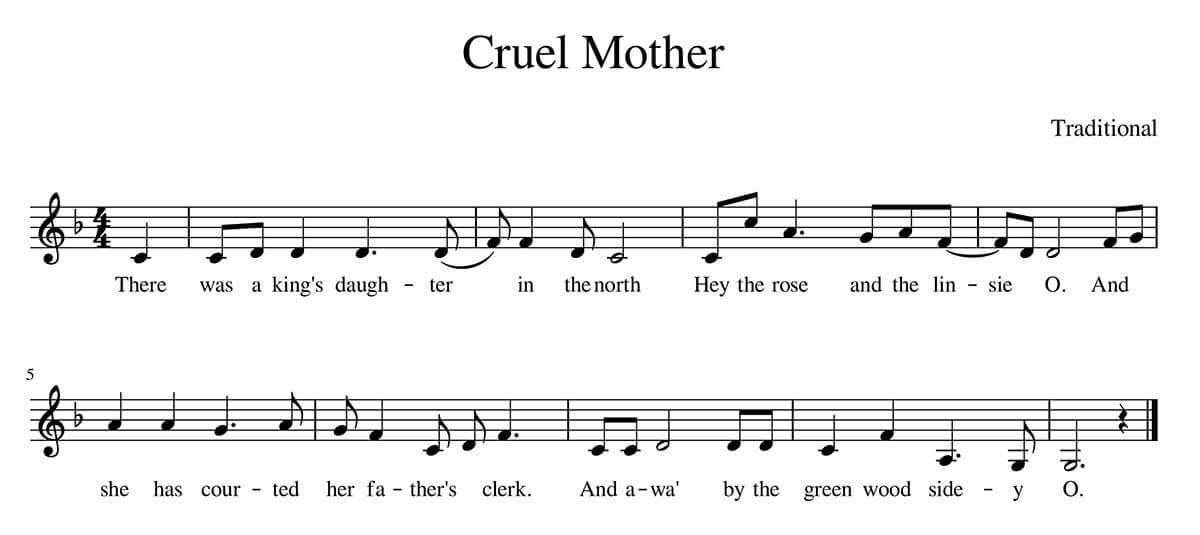
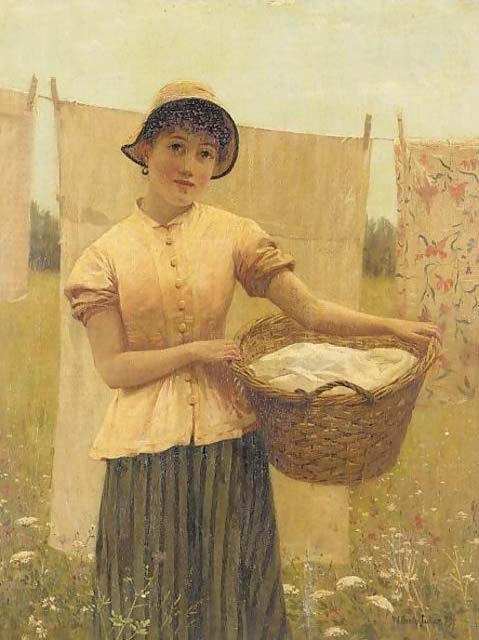
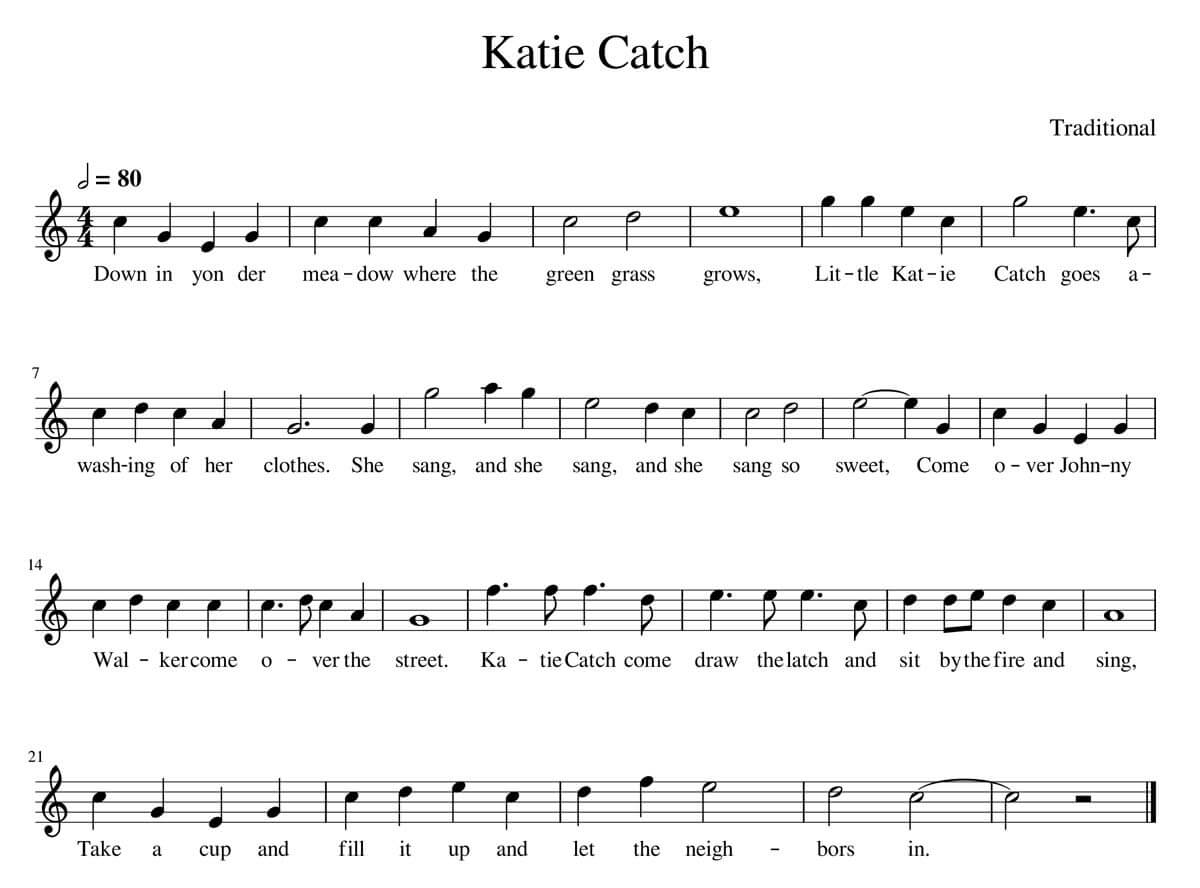
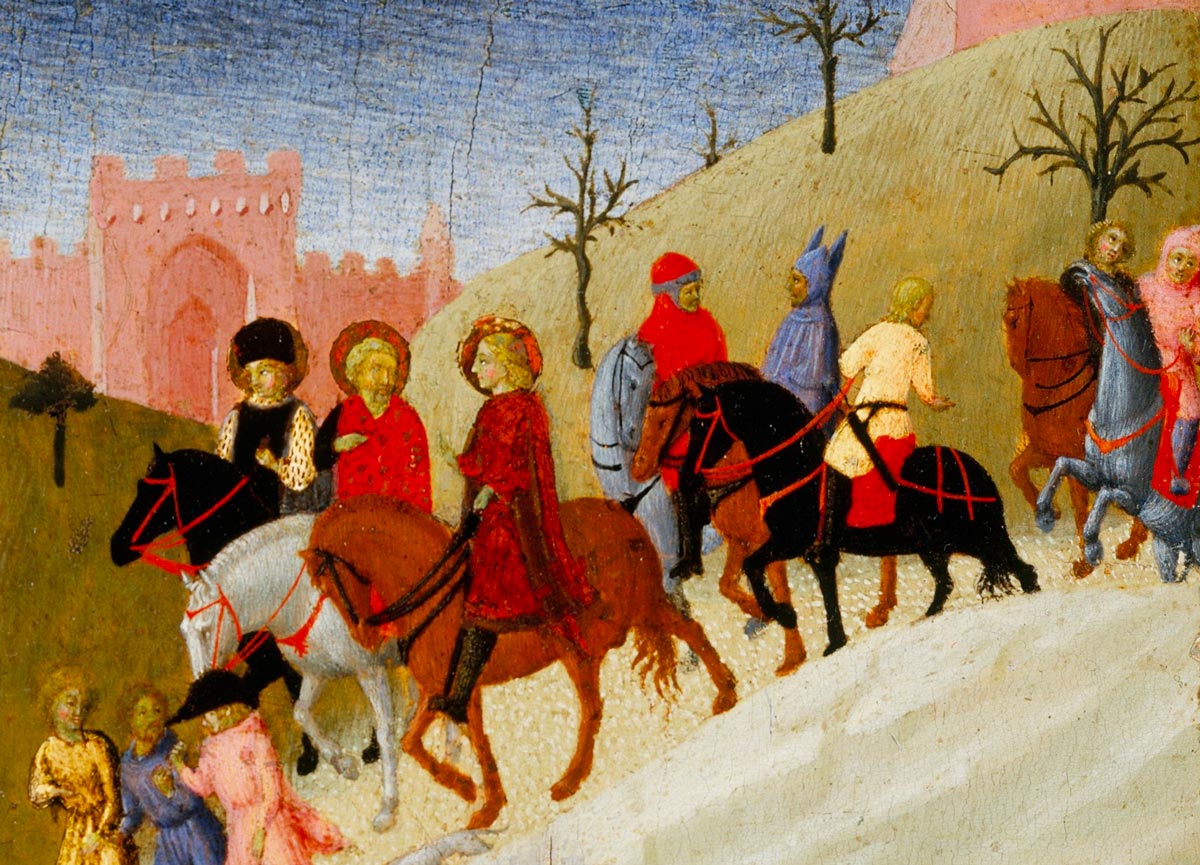
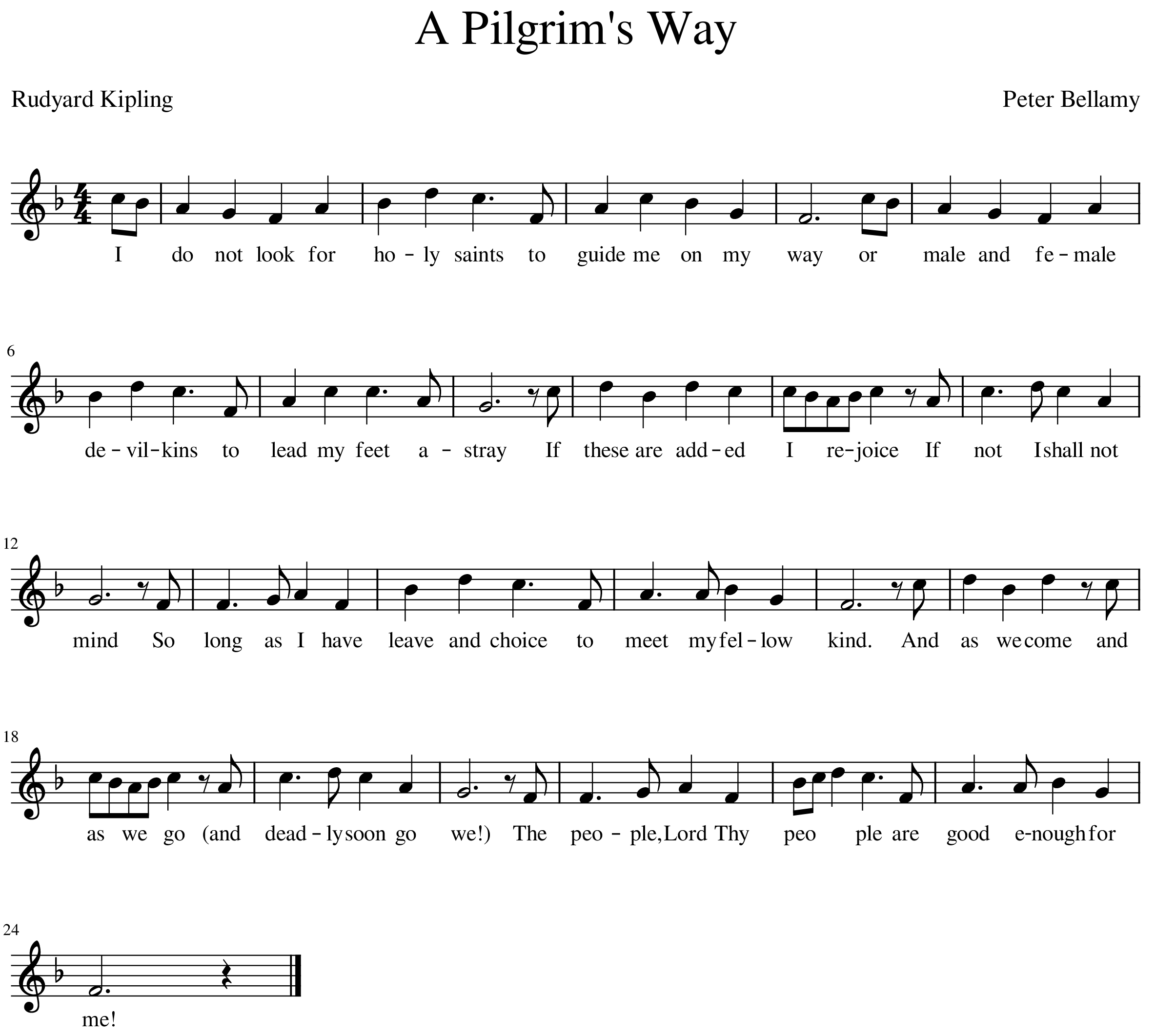
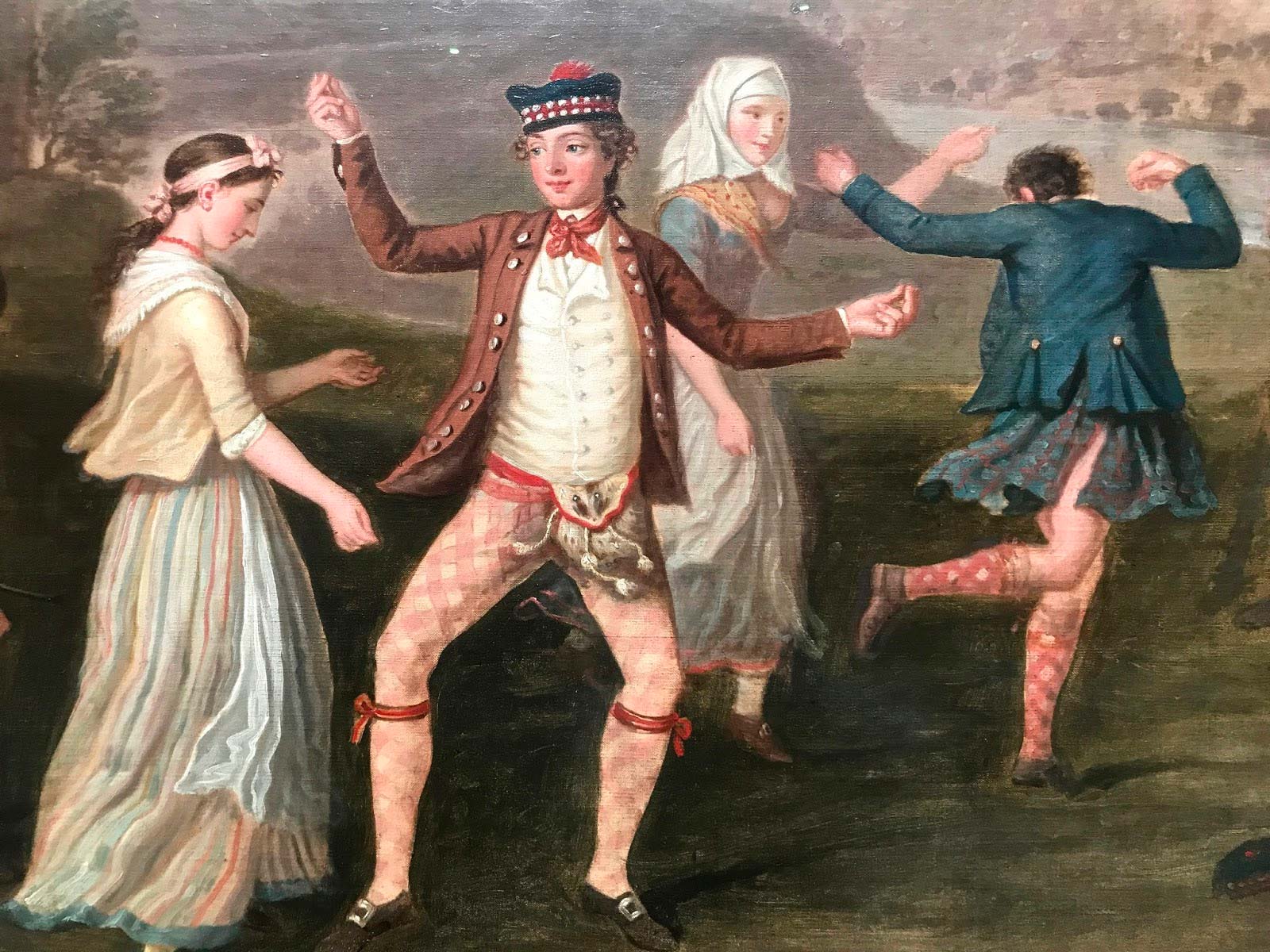
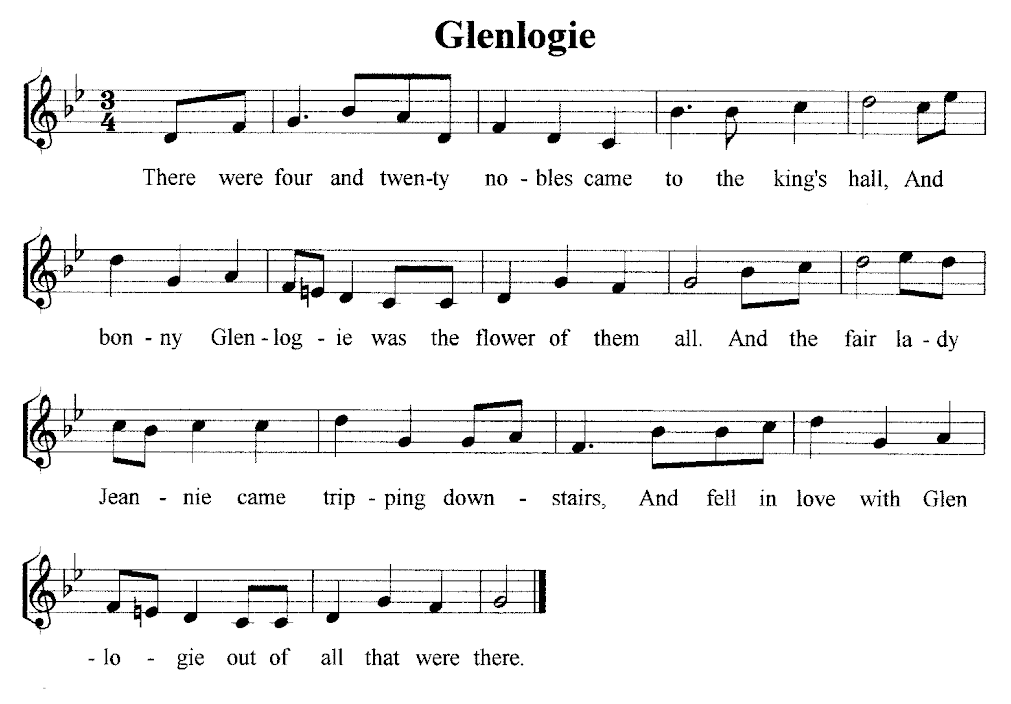
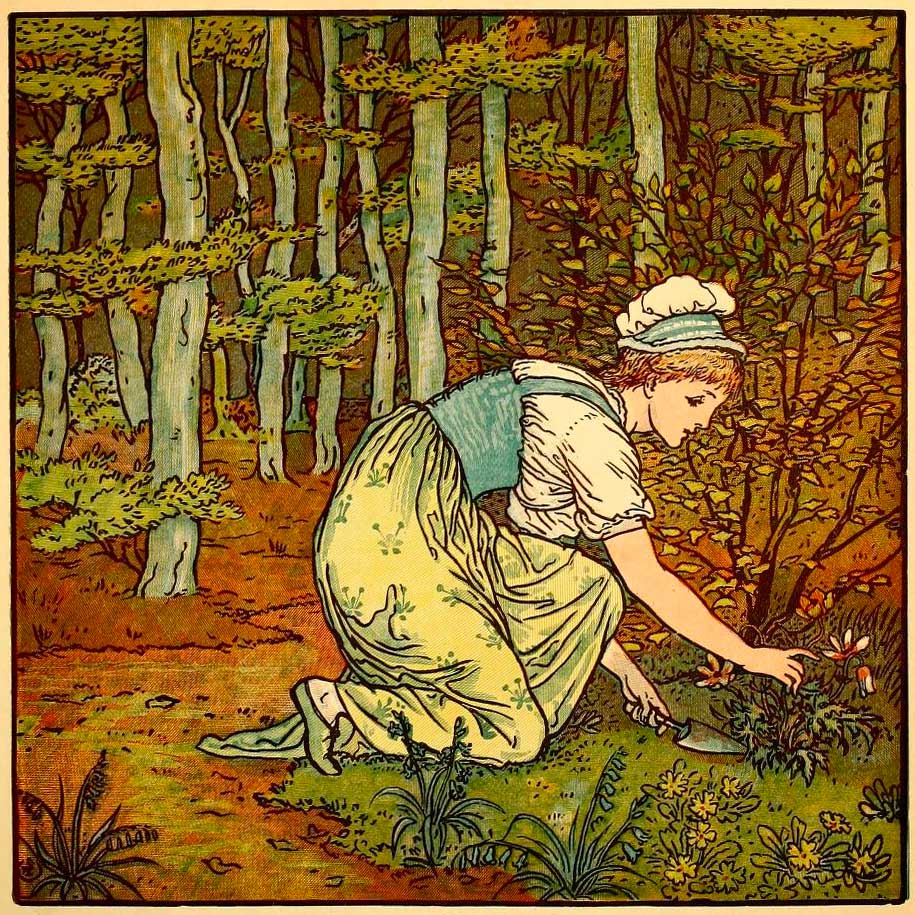
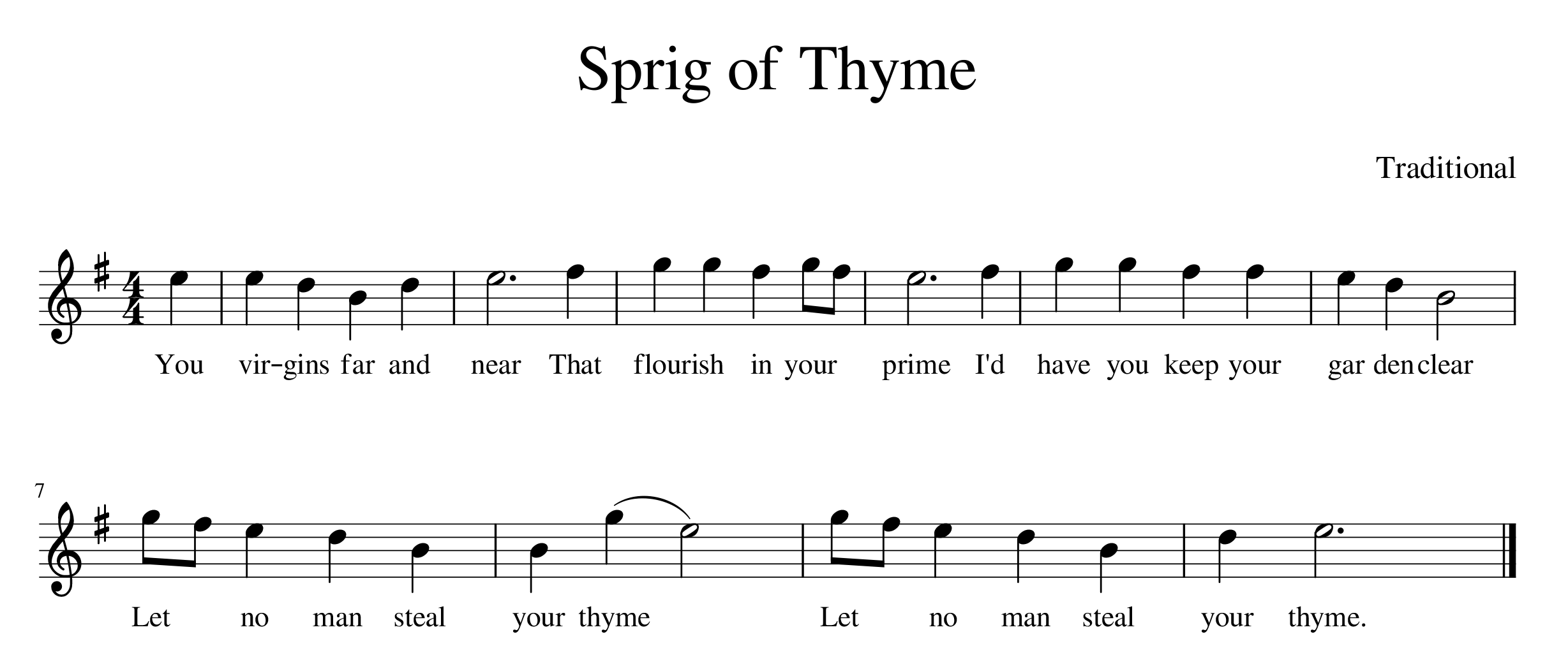
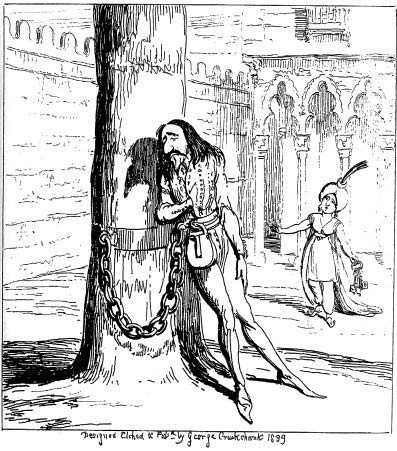
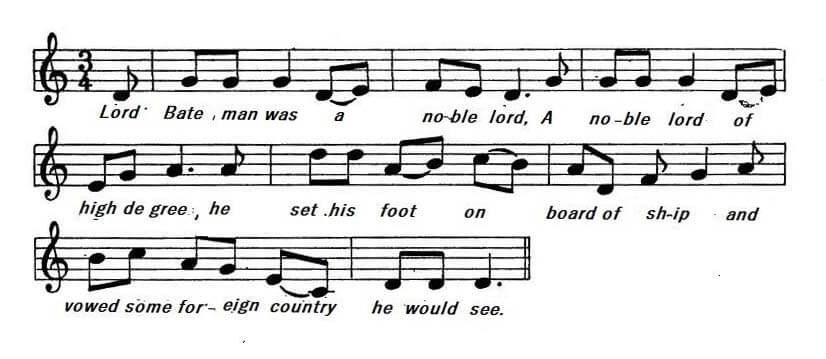
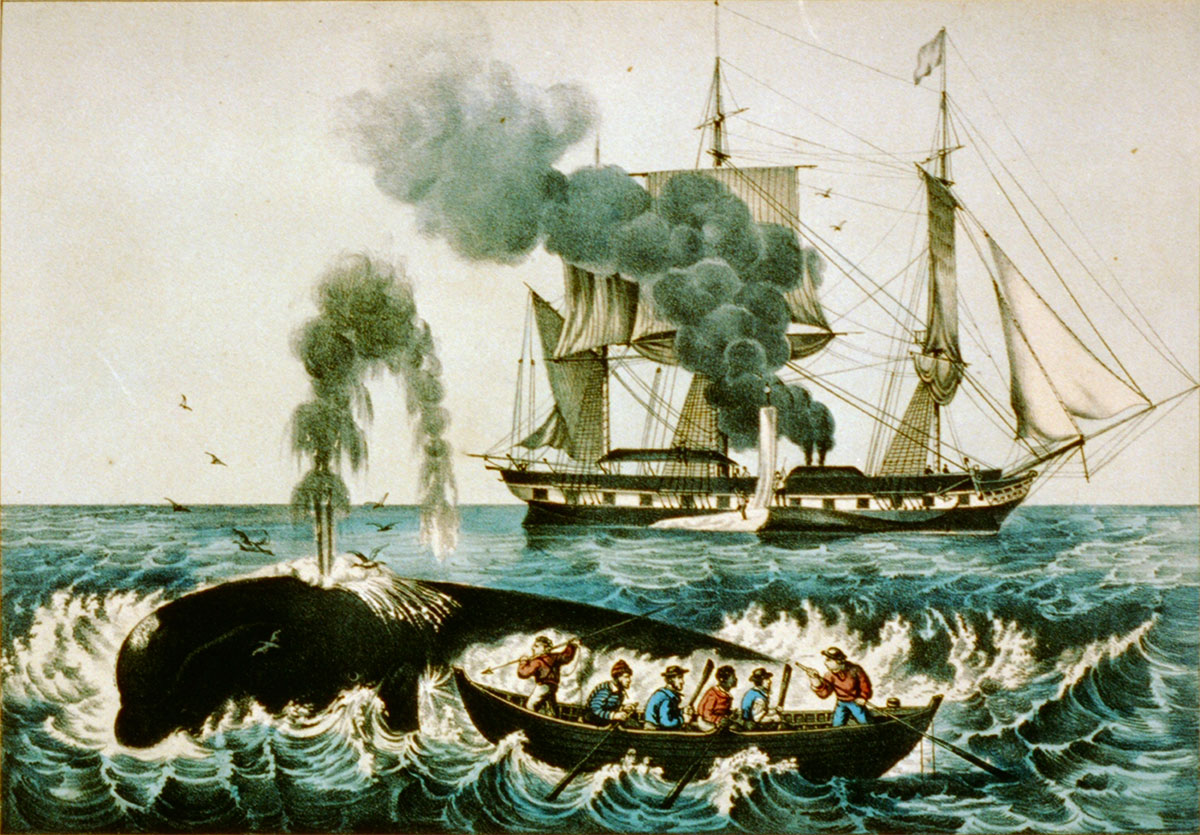
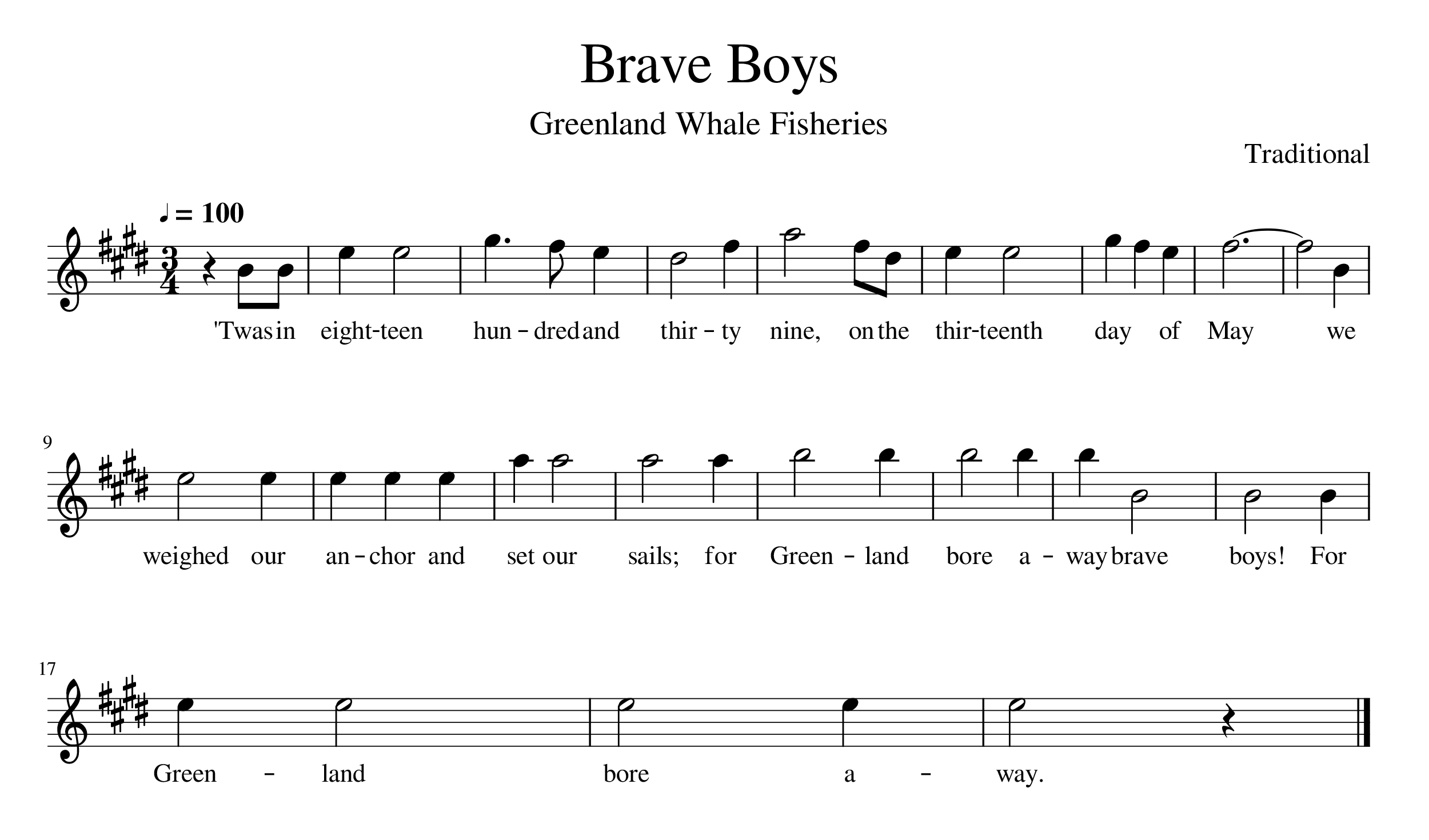
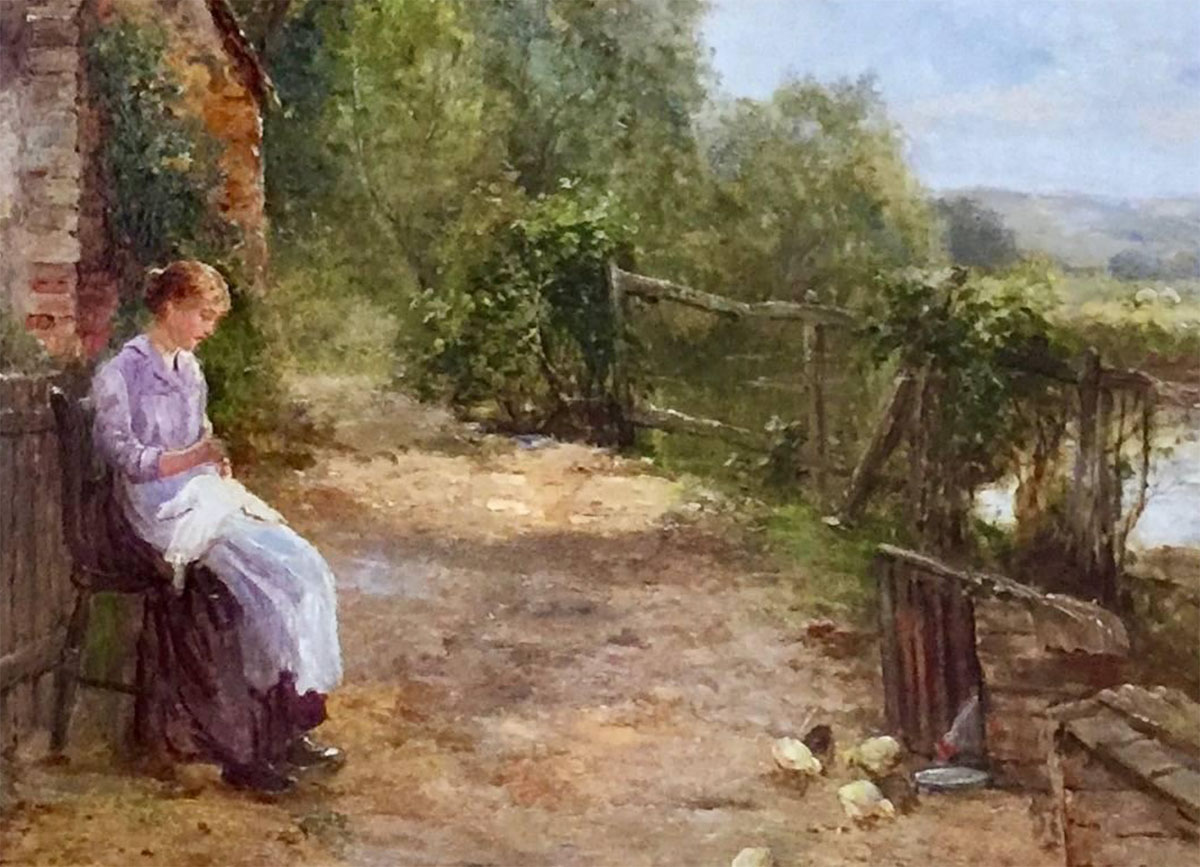
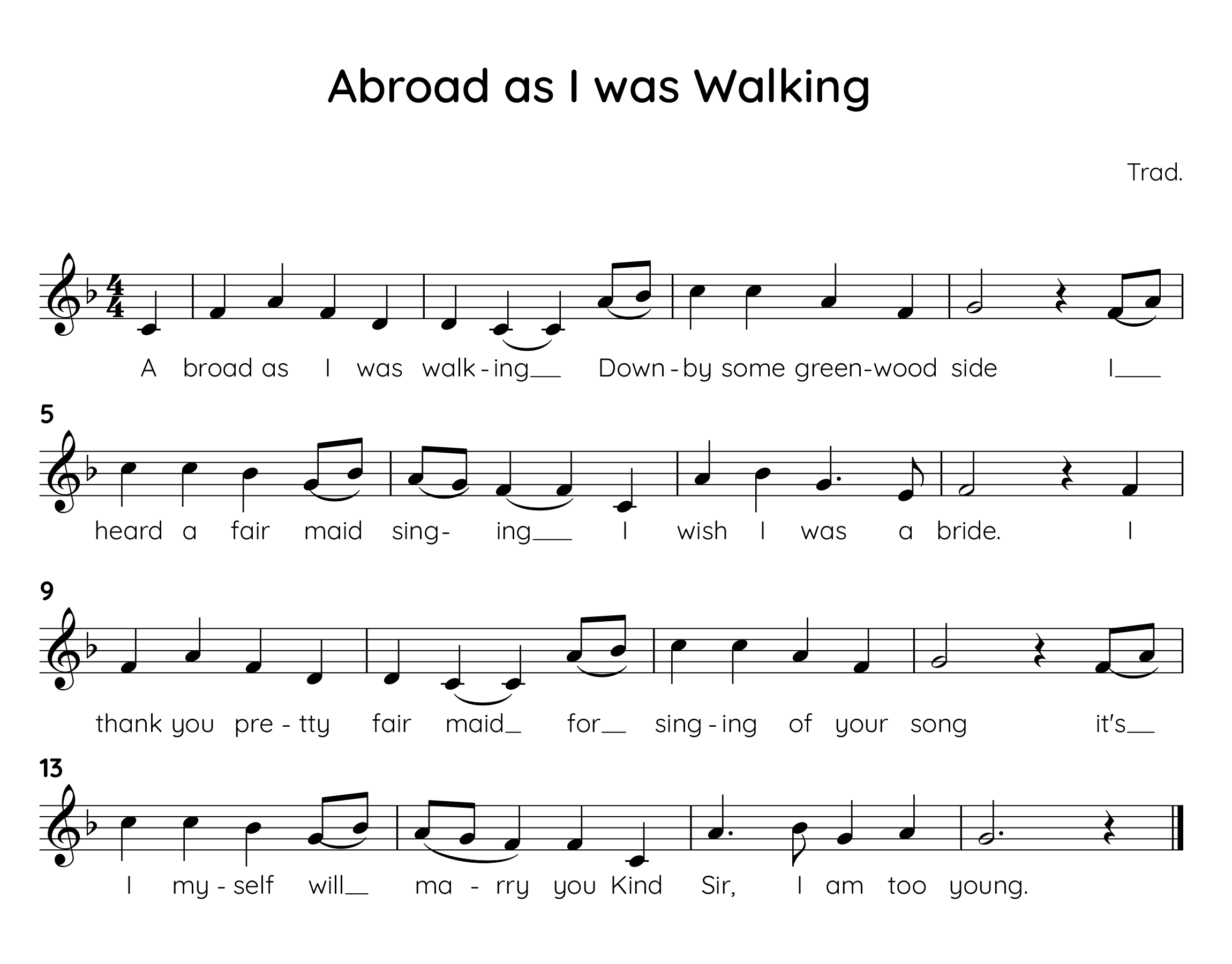
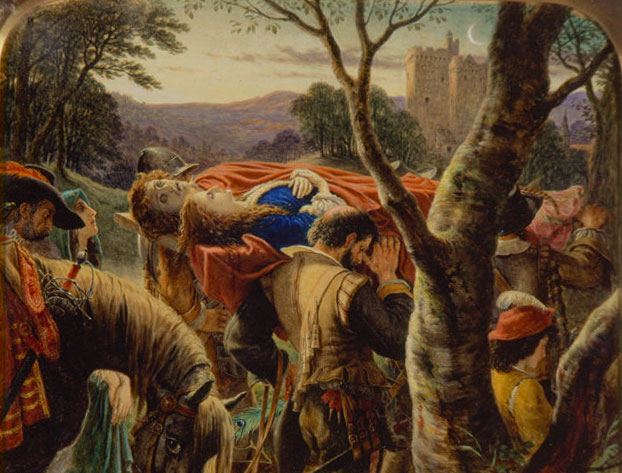
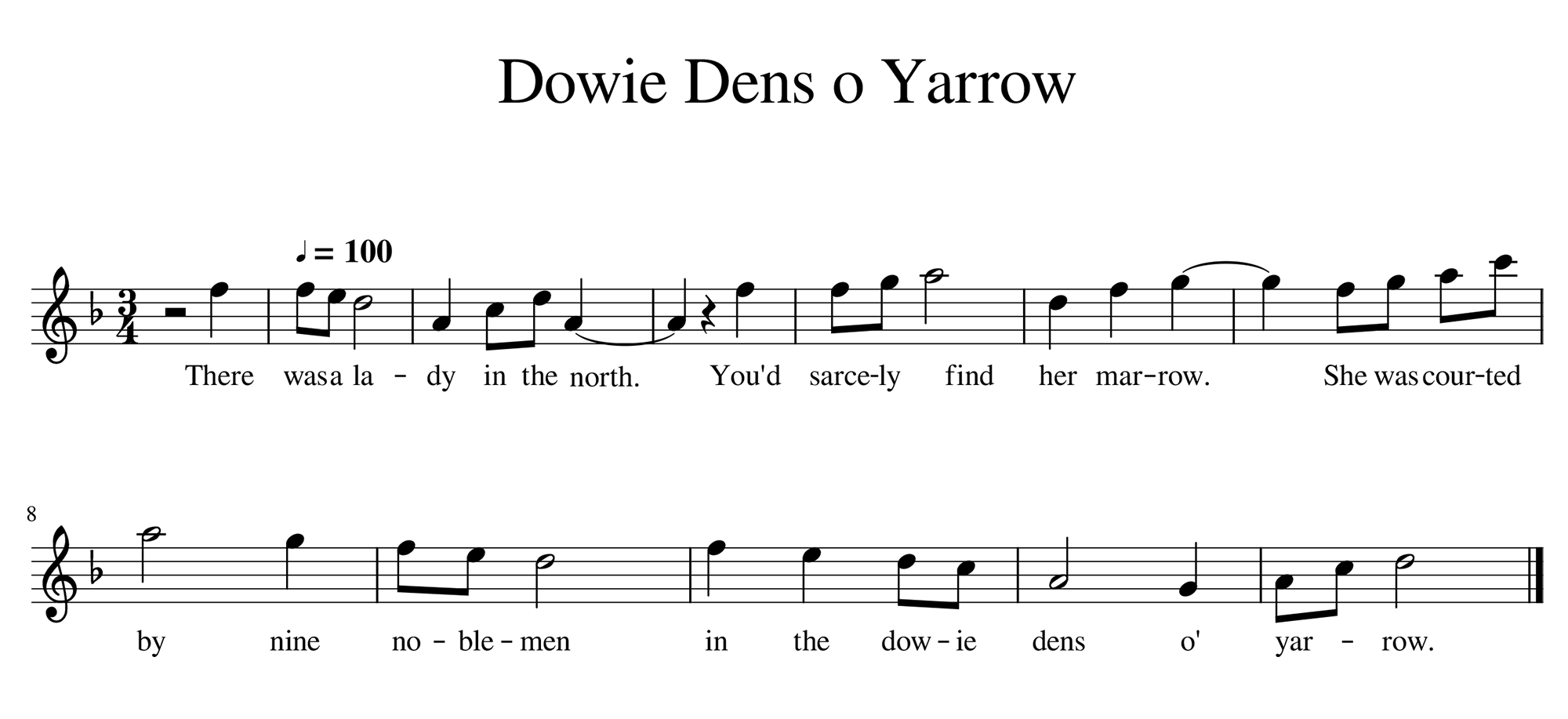
 Thanks to the Massachusetts Cultural Council for their generous support.
Thanks to the Massachusetts Cultural Council for their generous support.